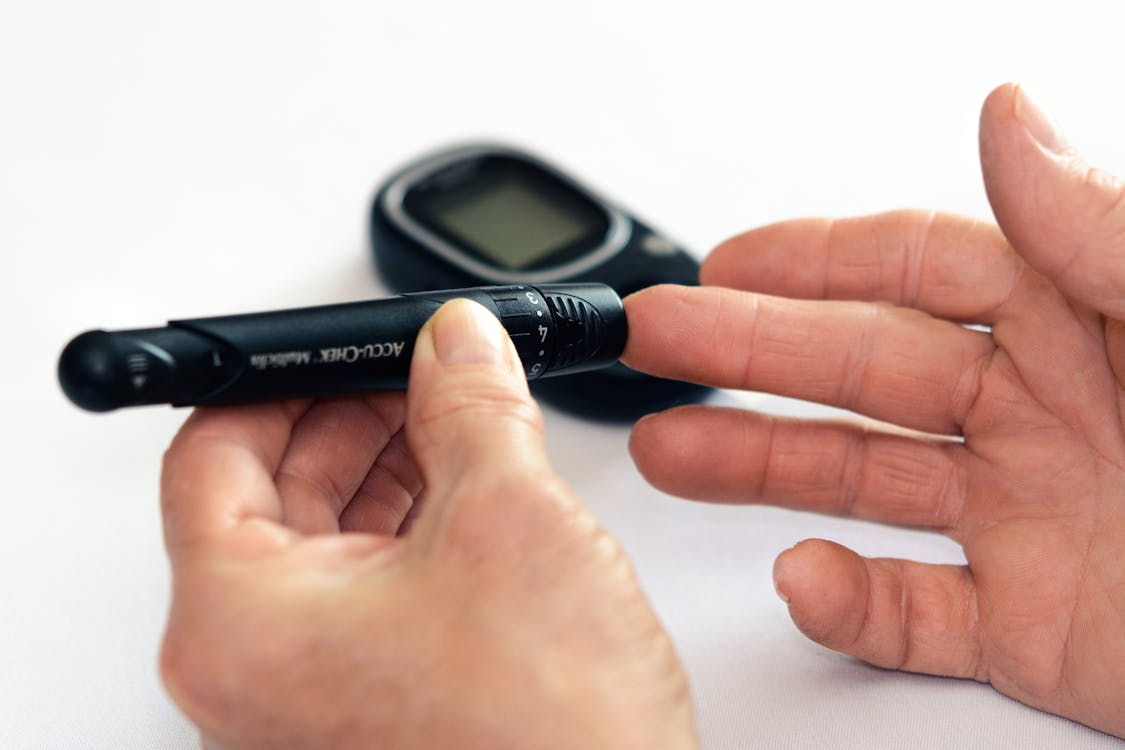As you get older it could be that you lose your appetite. There are many reasons for this, whether it is due to medical issues such as dysphagia, stomach and digestion issues, or mental health conditions that make them not hungry. This can be a struggle for a carer or family member who looks after them as they need to eat to get vital nutrients and minerals in their body to ensure they keep their strength up. If you are looking for ways to combat lack of appetite in the elderly, here are some ways that you can help. Whether you are a home carer or looking for a home carer to assist with your personal care at home services, then we are here to help.
Think about food texture
It is important to consider the texture of food when giving it to someone. If they are suffering from difficulty swallowing, sore gums or a dry mouth then you don’t want foods that are going to exacerbate that. It is a good idea to try foods such as soups, stews and smoothies which can help provide them with nutrients without being painful or difficult to eat. You can also liaise with their doctor to see if there is anything they can advise.
Enjoy meals with them
Meals can be much more enjoyable if they are eaten with someone. As a home carer, you might not be able to eat at the same time as your client, but you could stay and keep them company. Sometimes just having a bit of extra company while you eat can be a real encouragement. Alternatively you
Find flavoured foods
As you get older your taste buds can weaken and this can make food seem much more unappealing. If this is the reason for loss of appetite then it is a good idea to focus on food that stimulates flavour. This includes things such as garlic, chilli and other herbs and spices. Plain food such as rice or pasta can seem extremely flavourless if they are served on their own.
Encourage meals that are smaller but more often
If your loved one or the one you provide personal care for has a lack of appetite then it could be that they benefit more from meals that are little or often. A big meal can seem overwhelming so instead, try to help them to eat a few times a day, with less on their plates. As long as they are getting the right nutrients and vitamins throughout the day it doesn’t matter how many meals this is spread over.
Look into a meal delivery service
It can be a struggle for elderly people to cook food and if they have something such as dementia they might forget to prepare something or not remember how to use the oven. It might also be dangerous for them to do so. If this is the case, it can be a good idea to use a meal delivery service. There are many companies out there where you select meals for the next week the week before, and then they get delivered at mealtimes. These are healthy and nutritious and can cater for dietary needs.
If an elderly relative or someone you care for is suffering from a lack of appetite then these top tips can help to get them back on track. For care at home service that can assist with personal care then please get in touch today.
Looking for a job in personal care or as a home carer? We have a number of vacancies here. Find out how you can help and find your ideal new role today.






 Photo by
Photo by 


